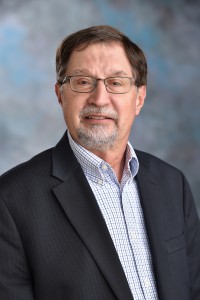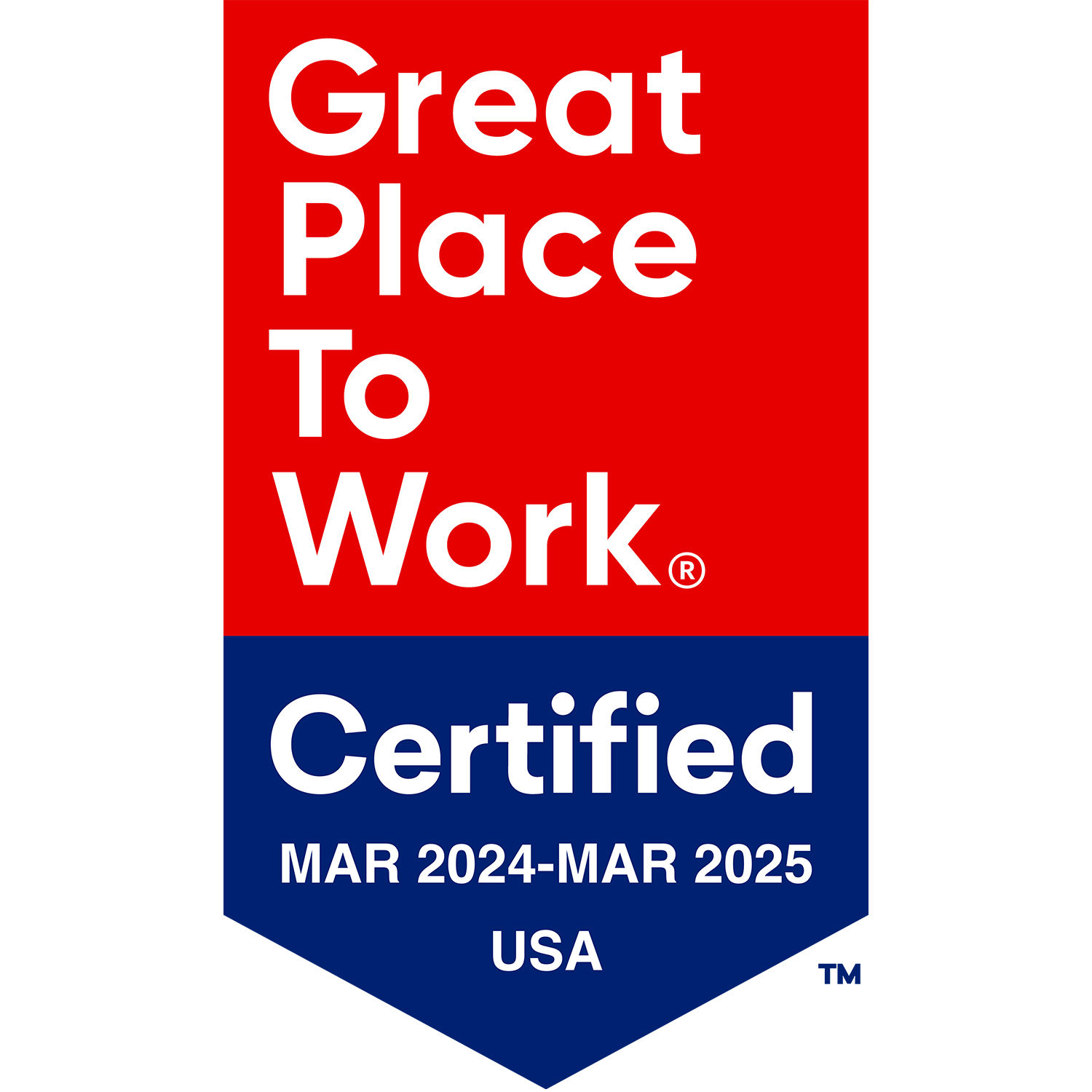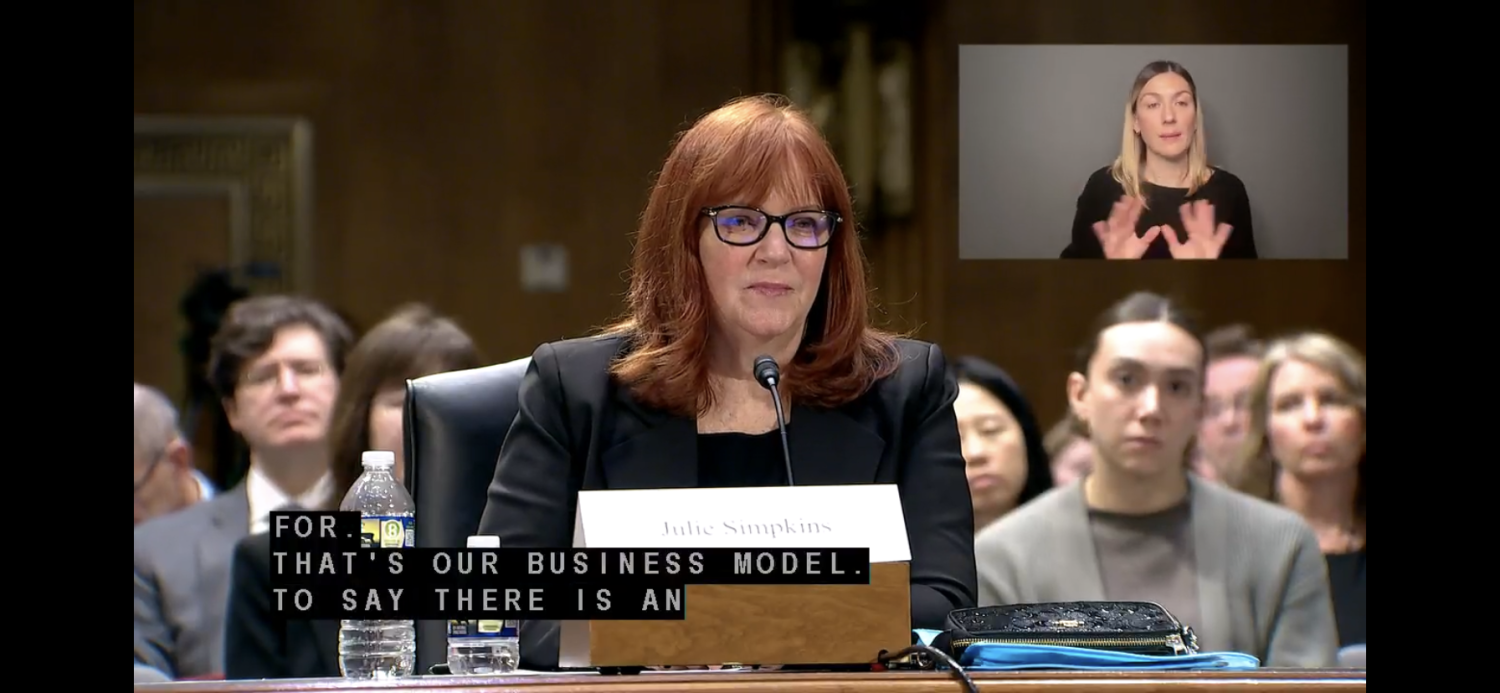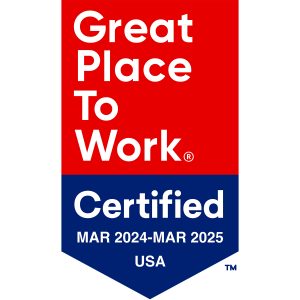By Rick Banas of Gardant Management Solutions
Earlier this week, I had the opportunity to attend a Caregiving 101 program that was conducted at the Oswego Senior Center in Oswego, Illinois.
Keith Bielema from the Kendall County Health Department was the guest speaker. He is a social worker who serves as coordinator of the department’s Transitions program for older adults.
The Heritage Woods affordable assisted living that we manage in Yorkville helped sponsor the program by providing lunch for attendees.

As a longtime professional in senior housing and as the son of a mother who is in her late 80s, I was interested in what Keith had to say.
One of the points that Keith emphasized in his presentation was just how important it is for caregivers to take care of themselves.
He pointed out that “it is a very reflexive reaction to say I don’t need help. There is the feeling that I am supposed to do this. It is my responsibility.”
But caregiving is stressful, and often times, can be heartbreaking work, he said. It takes a toll on us emotionally, physically and socially. We see caregivers missing their own appointments with doctors and not getting rest, the physical activity, even the walk down the street or to the park that they need.
Guilt and feelings of isolation can be big concerns. “You worry that you didn’t take care of something, that you said “No”, that you got mad, frustrated, snapped; or that the living room is dirty and someone is coming to visit,” he said.
Keith also described how caregiving has changed dramatically since the days when I was growing up and my Mom and aunts helped care for my grandparents.
The job of caregiving has gotten a lot bigger, he noted. We are living much longer than we used to, often with more complicated medical conditions, so now there is much more of a need for long-term caregiving.
Both parents working is now commonplace, with the term “Sandwich Generation” being used to describe the large number of individuals who are struggling to balance the responsibility of raising children, work and caring for aging parents.
In addition, historically, families tended to cluster together, he said. Taking a look at my own situation, for the first eight years of my life, we lived on the first floor of a three flat. An aunt lived in the downstairs apartment and an aunt, uncle and cousins in the apartment on the second floor. My grandparents, an uncle and an aunt lived in a three-story house about a mile away.
Now families are much more scattered. Of my Mom’s four sons, I am the one who lives the closest to her. On most days, drive time is about a half-hour. My three brothers live in neighboring states.

Keith stressed that it is “pretty silly” for caregivers today to think that they are not going to need any help.
He advised caregivers to be willing to say “yes” when someone asks if they can help. Maybe someone else can do the grocery shopping or watch the person you are caring for while you take some time for yourself. “You need to schedule some time for you” whether you use it for socialization, to exercise, get some much needed rest, or “just sit and do nothing.”
His other suggestions included being willing to let go of things and set limits on what you are going and not going to do. “If you are the person who has always hosted Thanksgiving,” he said, “this might be the year when someone else takes on the responsibility.”
Tap into the resources and support groups that are available in your area. Your local Area Agency on Aging can be a wonderful starting point. For instance, the Northeastern Illinois Area Agency on Aging website is http://www.ageguide.org/ and the phone numbers are 630-293-5990 or 800-528-2000.
Avoid the temptation to try and be a Super Hero. All too often over the years I have heard of caregivers who have developed serious health problems because they have run out of gas or broken down because they have been so busy caregiving that they haven’t taken care of themselves.
And, remember, Keith said, that there can be rewards in caregiving. It provides the opportunity to share precious memories, to say things that haven’t been said before or just to be with a loved one.
Staff members at any of the assisted living, senior living and memory care communities that Gardant manages would welcome the opportunity to talk with you about your situation. To locate a community near you, click here.





